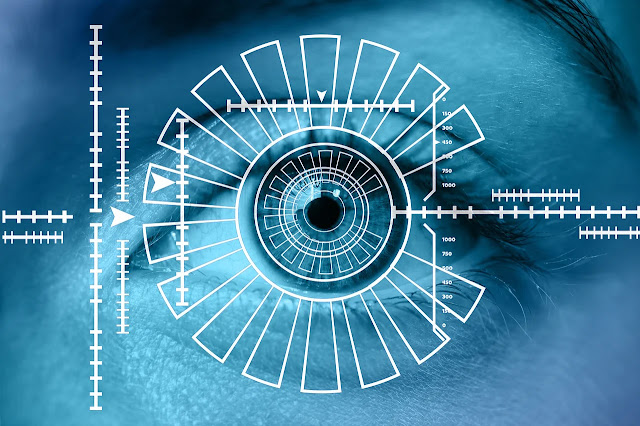In today’s digital age, preserving privacy and security while verifying information is an ongoing challenge. Fortunately, zero-knowledge proofs (ZKPs) have emerged as a promising solution.
ZKPs enable the verification of sensitive information without revealing any underlying data, ensuring a higher level of security and privacy.
In this blog post, we will delve into the world of zero-knowledge proofs, exploring what they are, how they work, and their diverse applications in the realm of cybersecurity.
Understanding Zero-Knowledge Proofs
Originally introduced by Goldwasser, Micali, and Rackoff in their groundbreaking paper, zero-knowledge proofs aim to establish trust and verify statements without disclosing additional information beyond their truthfulness.
Imagine a scenario where one person (the prover) needs to convince another (the verifier) that a specific statement is true while revealing no more than the fact that it is indeed true.
This is accomplished through a series of interactions where the prover presents minimal information to satisfy the verifier’s doubts
[…]
Content was cut in order to protect the source.Please visit the source for the rest of the article.
[…]
Content was cut in order to protect the source.Please visit the source for the rest of the article.
This article has been indexed from CySecurity News – Latest Information Security and Hacking Incidents
Read the original article:
